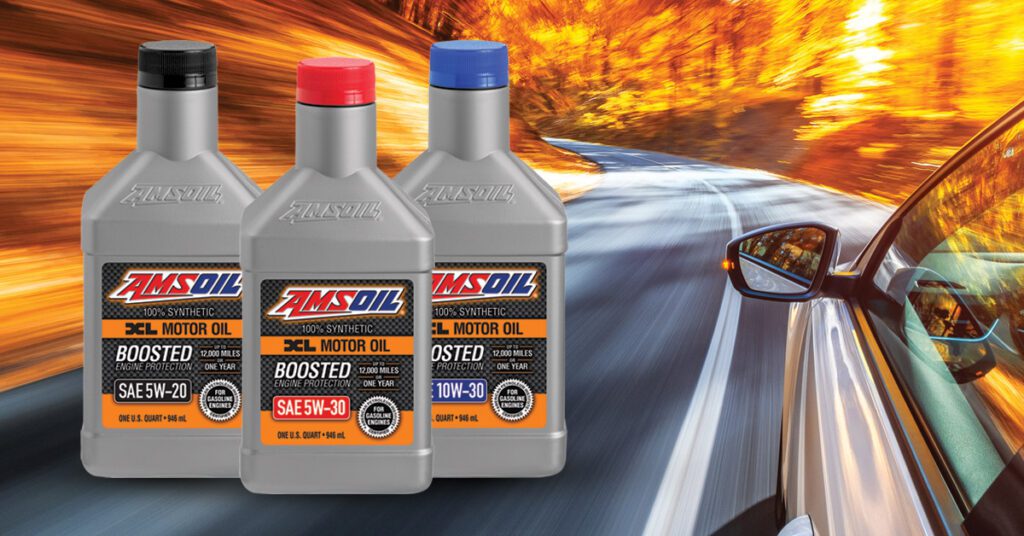Synthetic vs Conventional Motor Oil

Motor oil is the life blood of your car. It has a lot of important jobs and without it the car stops working. Oil keeps your engine lubricated, when an engine is poorly lubricated it leads to increased fuel consumption. Oil cools down the engine and helps prevent over heating and friction. Regular oil changes also help your engine last longer. Without the engine the vehicle does not work. Oil is a very important component to your car, but does the type of oil you use make a difference? What is the difference between “regular” or conventional motor oil and synthetic? Is synthetic oil worth the cost? In this article we will answer all of these questions as we look at conventional vs synthetic motor oil.
Make Up
Most vehicles are capable of using either synthetic or conventional oil. Lets start by looking at the make up of each of these oils. Mineral or conventional oil is made using refined crude oil. Synthetic oil is a man-made lubricant that consists of artificially made chemical compounds. Synthetic oils are typically created from chemically modified materials such as petroleum components, but the base material is almost always distilled crude oil. The base oils are of a higher quality than conventional, less-refined base oils. The higher quality base oil makes the synthetics more chemically stable. It also make the oil harder to break down and less likely to lose properties and to oxidize and acidify. Synthetic oils have a pure, uniform molecular structure that provides strong wear protection, extreme temperature performance and a fuel efficiency that conventional oil do not posses.

Pros & Cons
A conventional oil is thick at low temperatures and thin at high temperatures. In order to counteract this oil manufactures use additives to change the oil’s properties. When freshly made, conventional oil preforms like it’s synthetic counterpart, but over time the chemical additives break down or vaporize returning the oil to its originally consistency with its original issues. Synthetic oil will not change viscosity (thickness). When the temperature is low mineral oil can become so thick that it is unable to circulate through the engine. As the oil degrades it can also cause sludge, deposits or corrosion. All of these issues can cause a lot of problems and even engine failure. So even though conventional oil provides adequate lubrication, it does not compete with synthetic oils overall engine protection and performance.
Cost
The only negative aspect that comes with synthetic oil is the cost. It can cost two to three times as much as conventional oil. However, with synthetic you have to change your oil less frequently compared to mineral oil. Regular oil changes happen at 5,000km. Synthetic oil changes happened between 8,000-11,000km, with some brands claiming they can last up to 20,000km. (If you’re going to use a synthetic oil for longer oil change intervals, upgrade your oil filter to one with a longer life to match the oil.) So it may end up costing about the same amount if you decide to make the switch. When you take into account the way that synthetic oil protects your engine making the switch may actually ending up saving you money in the long term.
If you have any questions about the best oil for your vehicle or if you are thinking of switching from conventional to synthetic First Gear is here to answer all of your questions.
